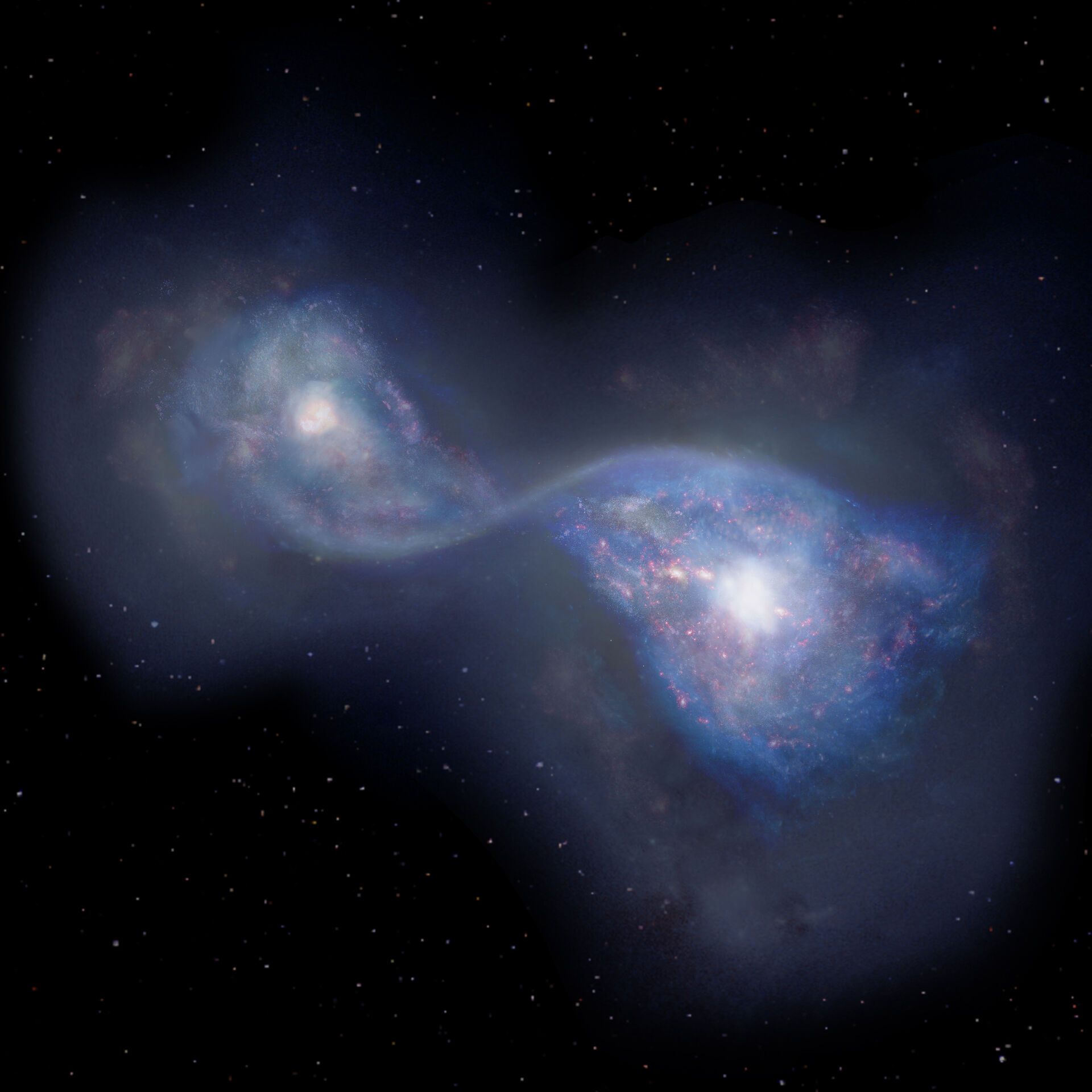Machine Learning techniques are one of the most promising tools for analyzing big datasets and will be essential for the studies of the next generation of surveys (LSST, SKA, etc.). These methods are very useful and powerful tools to find patterns and relations between the variables that are involved in a specific problem.
In the first part of the seminar, I will give a brief introduction to Machine Learning techniques focusing on supervised learning.
Then I will present an overview of some of the most important applications of these techniques in Astronomy over the last years.
Finally, I will introduce the MeSsI (Merging Systems Identification) Algorithm (https://github.com/Martindelosrios/MeSsI). This software (developed during my PhD in collaboration with Mariano Dominguez, Dante Paz & Manuel Merchan) allows you to identify candidates to merging clusters in an automatic way using a random forest that was trained and testes in cosmological simulations. This software can also be used as a framework for future analysis of interacting systems as it allows to add new statistics as features inside the Machine Learning method.

Please join via Zoom at
https://uio.zoom.us/j/65218815496?pwd=YkkzcjRZTnh2QWRYc25OQmI4a1ozdz09
Meeting ID: 652 1881 5496
Passcode: 733620
Attendees will be muted during the colloquium, but will have the
opportunity to ask questions at the end by clicking on the "raise hand”
button (or send a request to me via chat).
